Turkey-bush
Display all 10 images
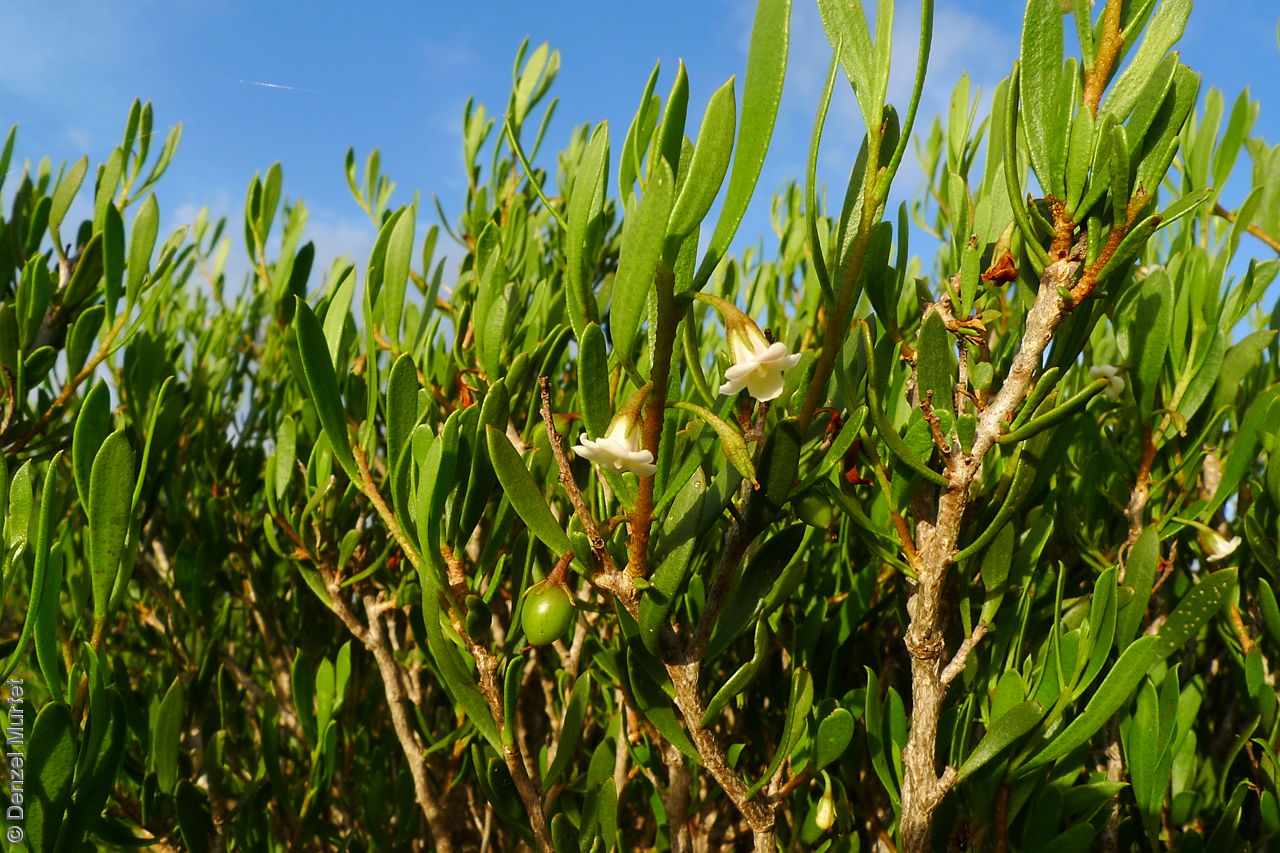
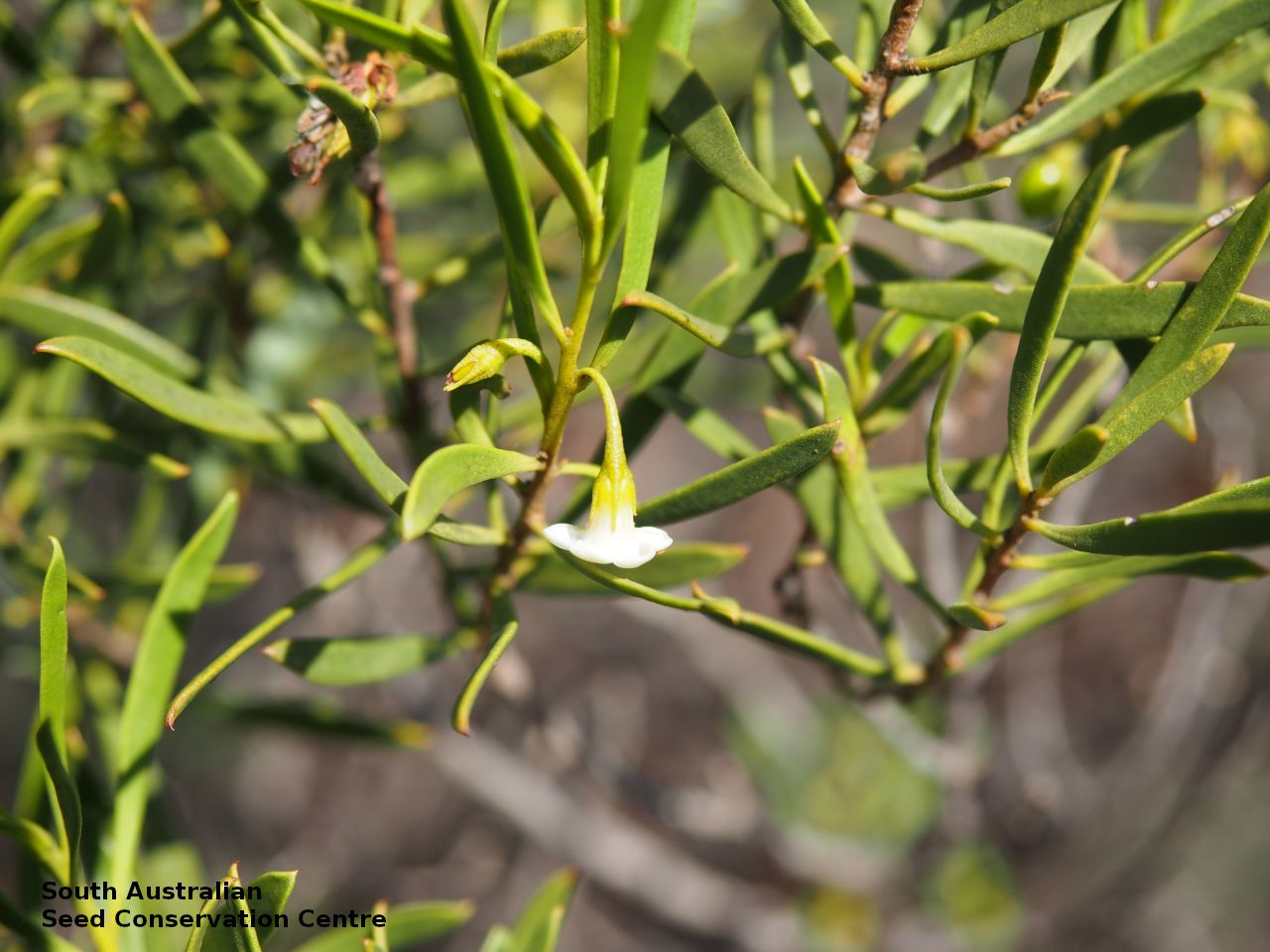
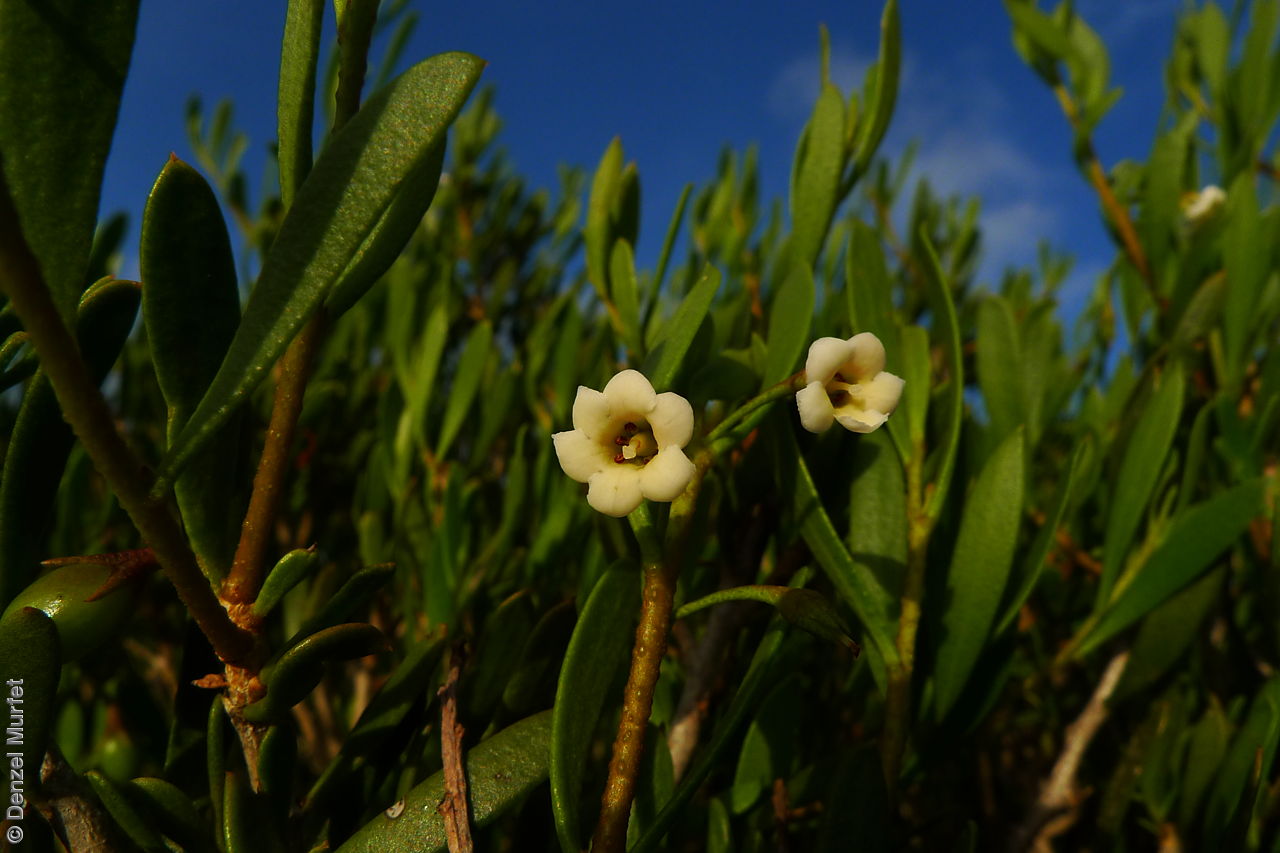
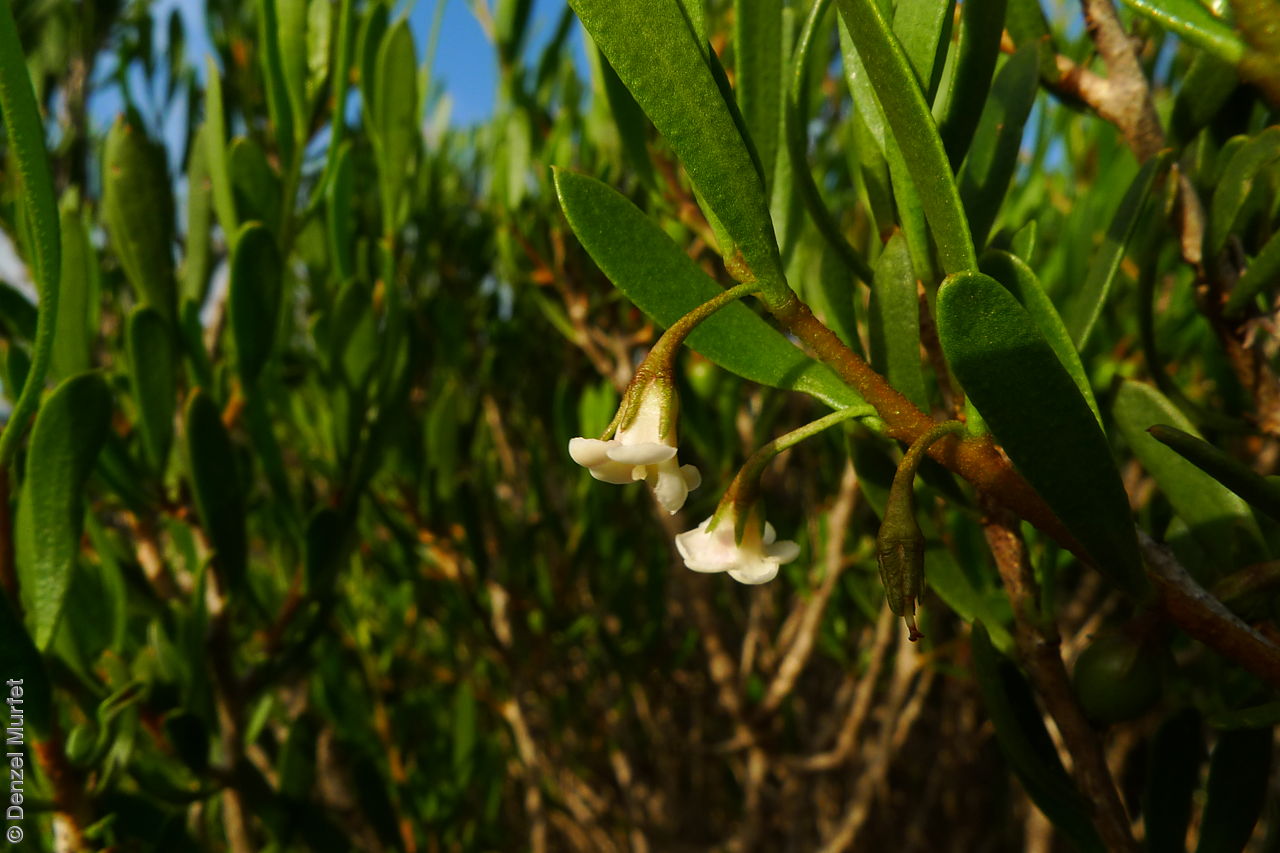
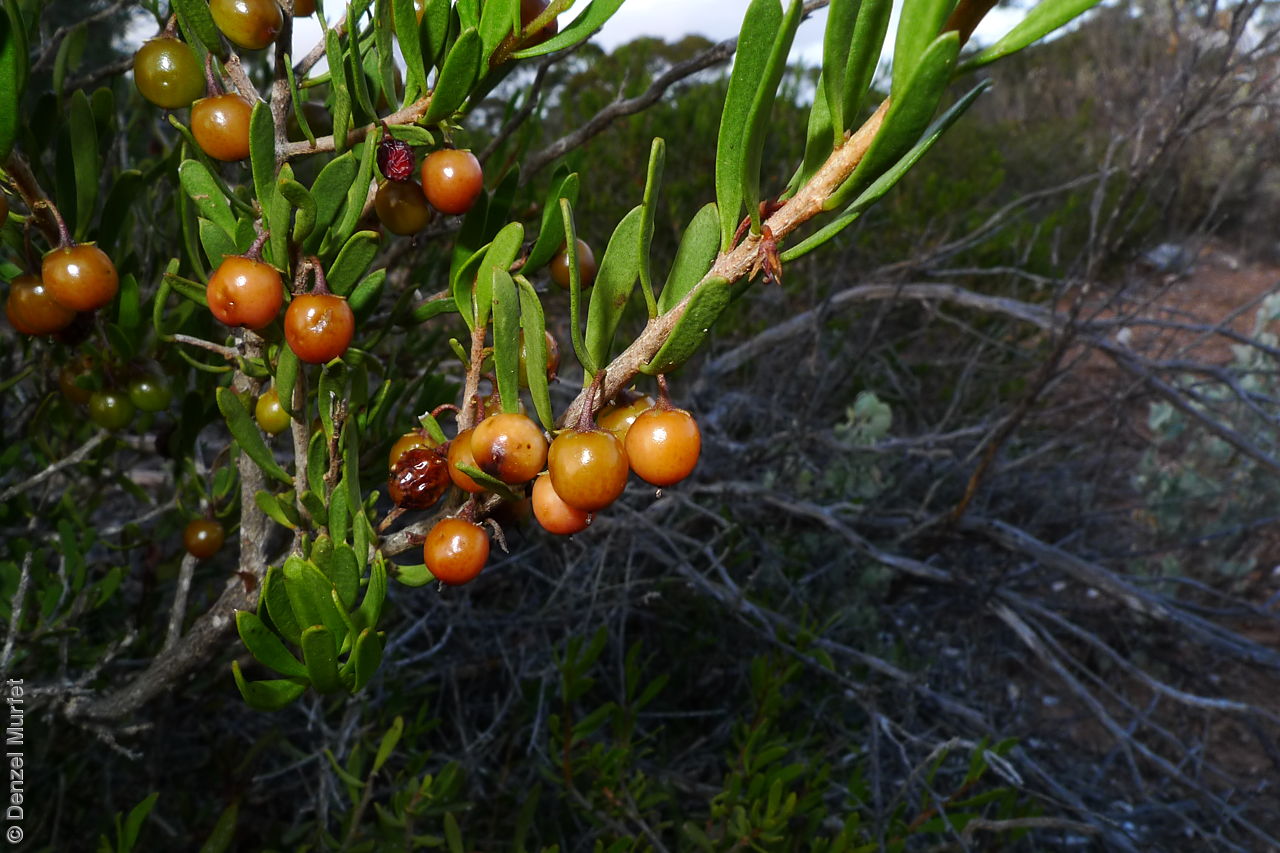
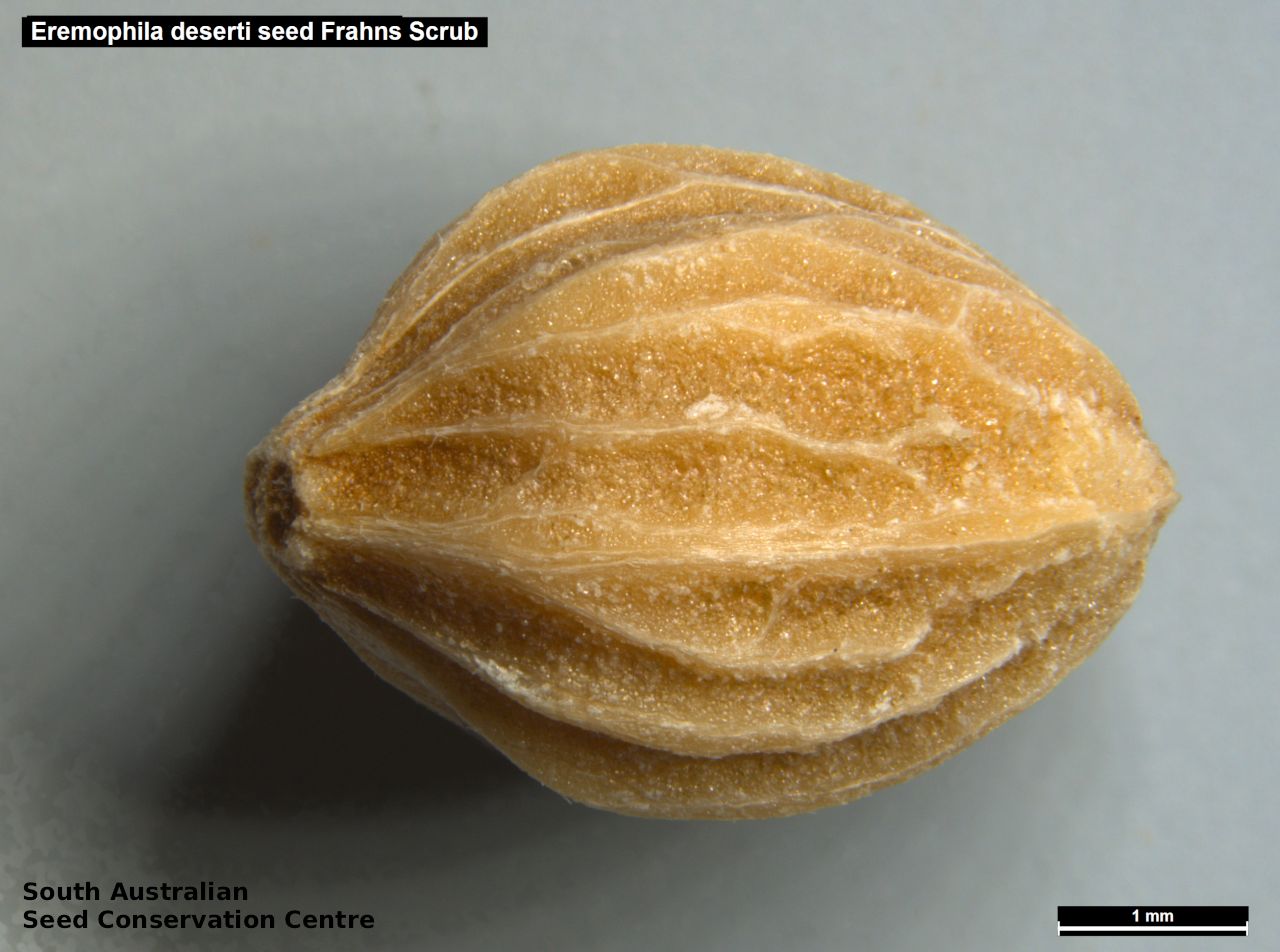

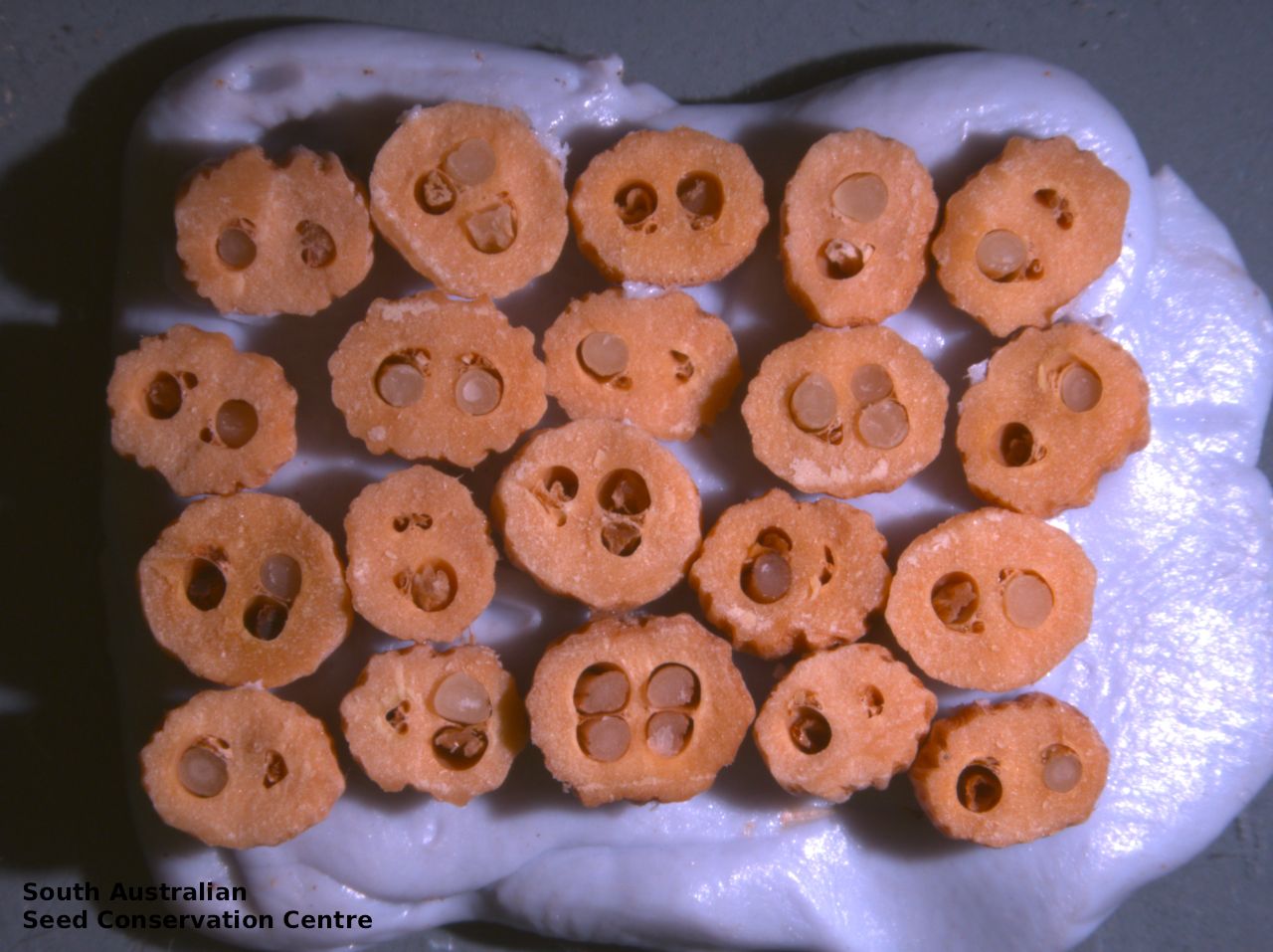
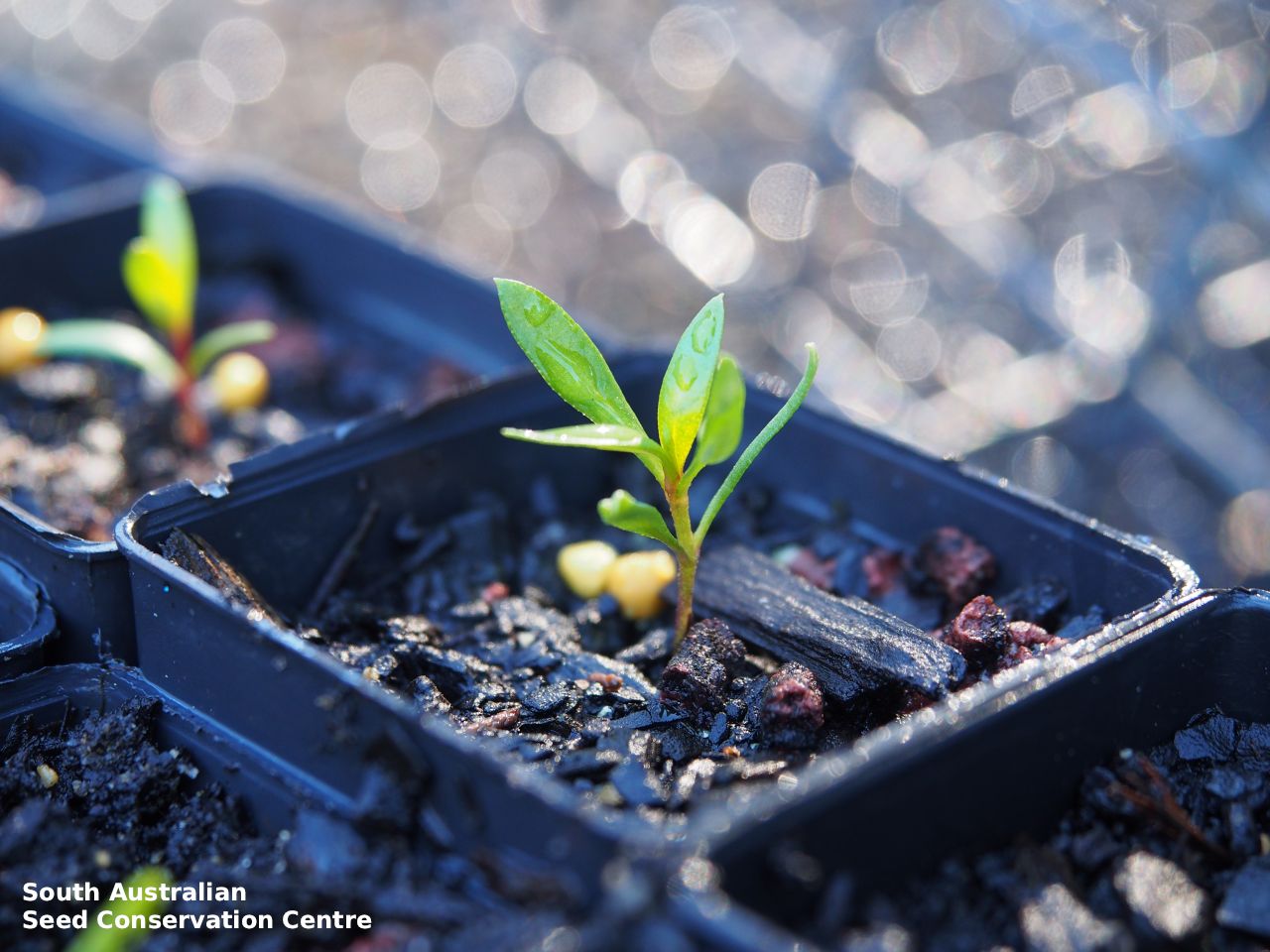
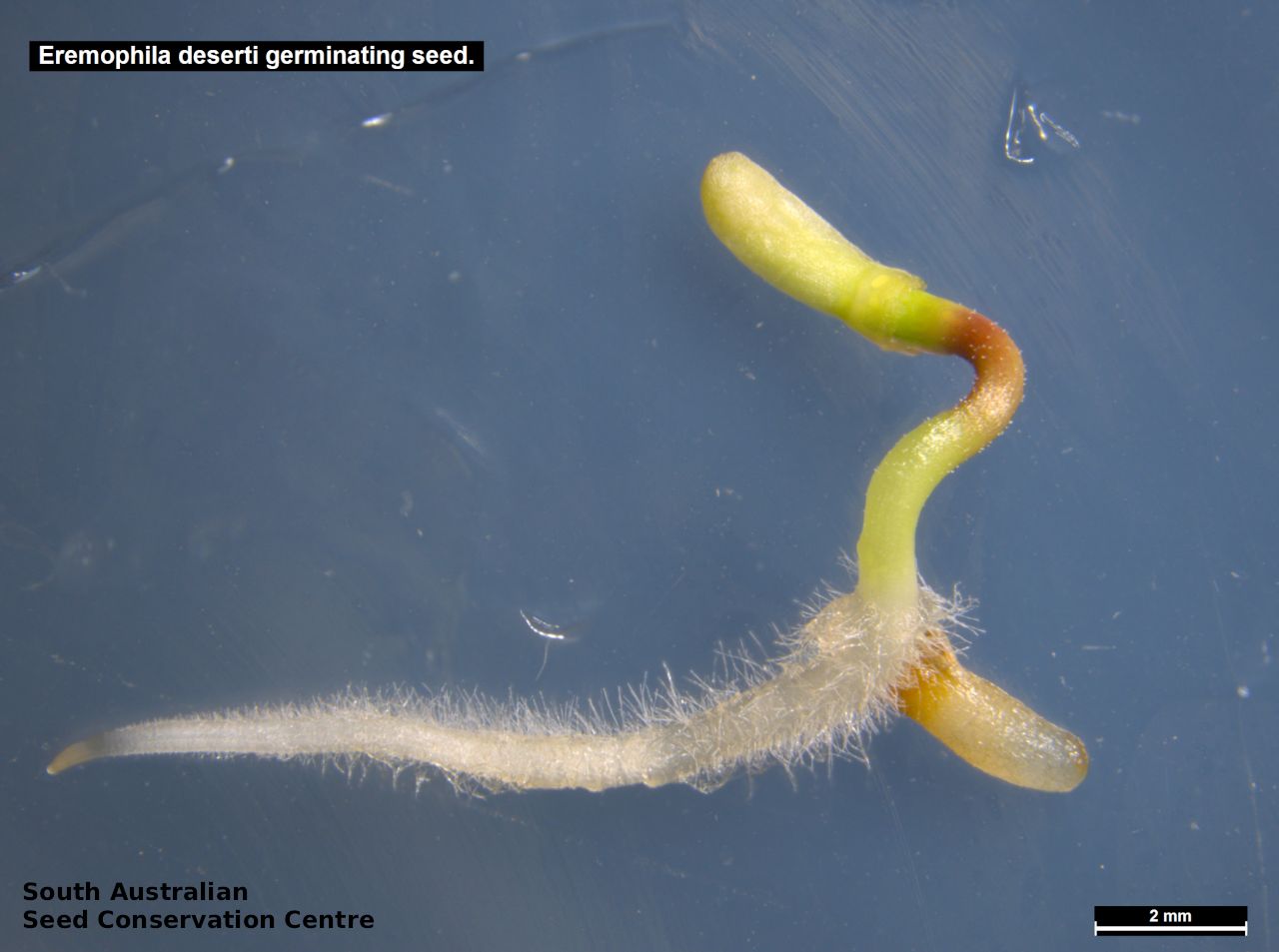
Regional Species Conservation Assessments per IBRA subregion.

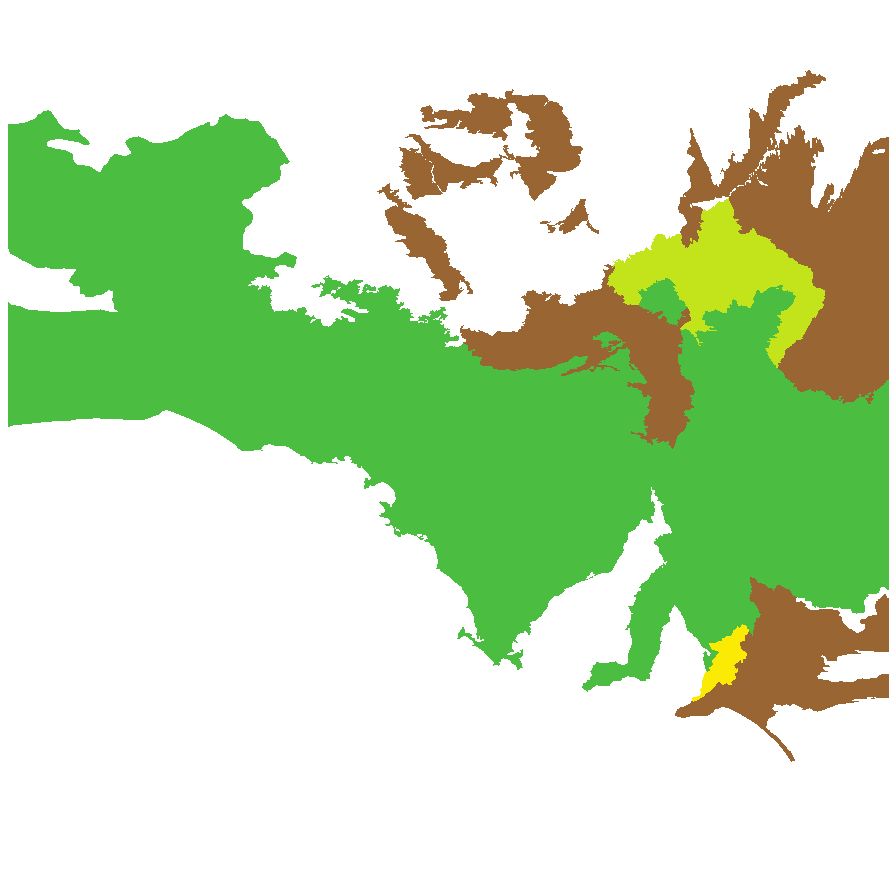
Least concern
Near threatened
Rare
Vulnerable
Endangered
Critically endangered
Extinct
Data deficient
Adelaide
Arkaroola
Ceduna
Coober Pedy
Hawker
Innamincka
Marla
Marree
Mount Gambier
Oodnadatta
Renmark
Wudinna
Keith
Yunta
Display IBRA region text
| Fleurieu (KAN02) | Kanmantoo | Rare (IUCN: RA d(i,ii)) |
| Mount Lofty Ranges (FLB01) | Flinders Lofty Block | Vulnerable (IUCN: VU D2) [sth edge of range] |
| Broughton (FLB02) | | Least Concern [Long-lived, tough] |
| Olary Spur (FLB03) | | Least Concern [Long-lived, tough] |
| Southern Flinders (FLB04) | | Least Concern [Long-lived, tough] |
| Northern Flinders (FLB05) | | Least Concern |
| Central Flinders (FLB06) | | Least Concern |
| Southern Yorke (EYB01) | Eyre Yorke Block | Least Concern [Long-lived, tough] |
| St Vincent (EYB02) | | Least Concern [Long-lived, tough] |
| Eyre Hills (EYB03) | | Least Concern |
| Talia (EYB04) | | Least Concern |
| Eyre Mallee (EYB05) | | Least Concern |
| South Olary Plain (MDD01) | Murray Darling Depression | Least Concern |
| Murray Mallee (MDD02) | | Rare (IUCN: RA d(ii)) |
| Murray Lakes and Coorong (MDD03) | | Rare (IUCN: RA d(i,ii)) [edge of range; might not be in region] |
| Braemer (MDD07) | | Least Concern [Long-lived, tough] |
| Myall Plains (GAW01) | Gawler | Least Concern |
| Gawler Volcanics (GAW02) | | Least Concern |
| Gawler Lakes (GAW03) | | Least Concern |
| Arcoona Plateau (GAW04) | | Least Concern |
| Kingoonya (GAW05) | | Least Concern |
| Torrens (GAW06) | | Rare (IUCN: RA d(ii)) |
| Roxby (GAW07) | | Rare (IUCN: RA d(ii)) |
| Maralinga (GVD03) | Great Victoria Desert | Least Concern |
| Yellabinna (GVD06) | | Least Concern |
| Nullarbor Plain (NUL02) | Nullarbor | Least Concern |
| Yalata (NUL03) | | Least Concern |
| Hampton (HAM01) | Hampton | Least Concern |
| Barrier Range (BHC01) | Broken Hill Complex | Least Concern [Long-lived, tough] |
| Barrier Range Outwash (BHC04) | | Least Concern [Long-lived, tough] |
| Bimbowrie (BHC05) | | Least Concern [Long-lived, tough] |
| Curnamona (BHC06) | | Least Concern [Long-lived, tough] |
| Strzelecki Desert (SSD05) | Simpson Strzelecki Dunefields | Rare (IUCN: RA d(i,ii)) [edge of range, limited habitat] |
| Oodnadatta (STP02) | Stony Plains | Rare (IUCN: RA d(ii)) |
| Murnpeowie (STP03) | | Near Threatened (Probable Decline) [probably grazed] |
| Fleurieu (KAN02) | Kanmantoo | Rare (IUCN: RA d(i,ii)) |
| 6 of 6 subregions | Flinders Lofty Block | Least Concern , Vulnerable |
| 5 of 5 subregions | Eyre Yorke Block | Least Concern |
| 4 of 6 subregions | Murray Darling Depression | Least Concern , Rare |
| 7 of 8 subregions | Gawler | Least Concern , Rare |
| 2 of 4 subregions | Great Victoria Desert | Least Concern |
| 2 of 3 subregions | Nullarbor | Least Concern |
| Hampton (HAM01) | Hampton | Least Concern |
| 4 of 4 subregions | Broken Hill Complex | Least Concern |
| Strzelecki Desert (SSD05) | Simpson Strzelecki Dunefields | Rare (IUCN: RA d(i,ii)) [edge of range, limited habitat] |
| 2 of 7 subregions | Stony Plains | Near Threatened , Rare |
Botanical art
Kath Alcock paintings: 3
Prior names
Myoporum strictum
Myoporum patens
Myoporum deserti
Etymology
Eremophila meaning desert loving, deserti meaning of the desert.
Distribution and status
Widespread on plains and in ranges on various soils in mulga or mallee, found in all mainland states. Common across mainland South Australia except in the South East region and northern boundary.
Herbarium regions: North Western, Lake Eyre, Nullarbor, Gairdner-Torrens, Flinders Ranges, Eastern, Eyre Peninsula, Northern Lofty, Murray, Yorke Peninsula, Southern Lofty, Green Adelaide
NRM regions: Adelaide and Mount Lofty Ranges, Alinytjara Wilurara, Eyre Peninsula, Northern and Yorke, South Australian Arid Lands, South Australian Murray-Darling Basin
AVH map: SA distribution map (external link)
Plant description
Shrub 1-4 m high; branches sometimes viscid towards tips; leaves alternate, with thick entire margins, apex hooked. Flowers cream, 1-4 per axil, petals glabrous outside, ovary and style glabrous. Fruits are fleshy drupe, yellow to orange brown. Seeds are woody endocarb with vertical ribs and usually 2-4 locules. Seed embryo type is linear
Seed collection and propagation
Collect seeds between December and February. Collect ripe drupes when fleshy and fully coloured. Rub flesh off fruits using warm water and mild detergent over a sieve, or spread out to dry with flesh attached. Variable ranging from 40% to 80% from 2 collections
This species has physiological dormancy and is difficult to germinate. However, high levels of germination were observed after the woody endocarp was gently cracked with a vice and intact seeds were exposed or removed.
Germination research for this species was supported by AMLR NRM in 2017.
| Location | No. of seeds
(weight grams) | Number
of plants | Date
collected | Collection number
Collection location | Date
stored | % Viability | Storage
temperature | | BGA | 804 (31.78 g) | 50 | 25-Nov-2005 | DJD228
Flinders Ranges | 7-Aug-2006 | 40% | -18°C |
| BGA | 1,300 (60.73 g) | | 1-Feb-2017 | Frahns Scrub
Murray | 24-Apr-2019 | 80% | -18°C |
Location: BGA — the seeds are stored at the Adelaide Botanic Gardens, MSB — the seeds are stored at the Millennium Seed Bank, Kew, England.
Number of plants: This is the number of plants from which the seeds were collected.
Collection location: The Herbarium of South Australia's region name.
% Viability: Percentage of filled healthy seeds determined by a cut test or x-ray.
Germination table:
Display











